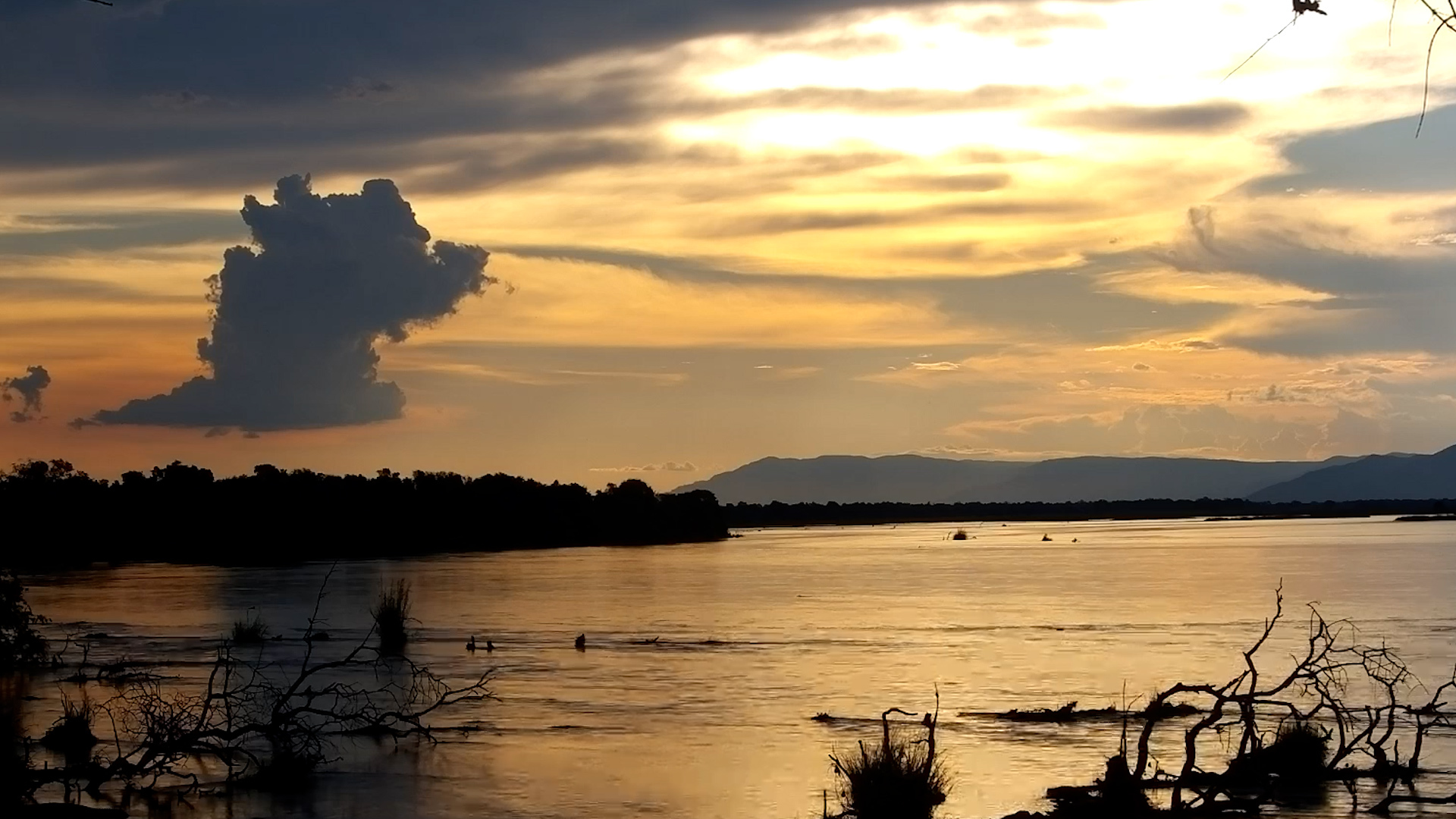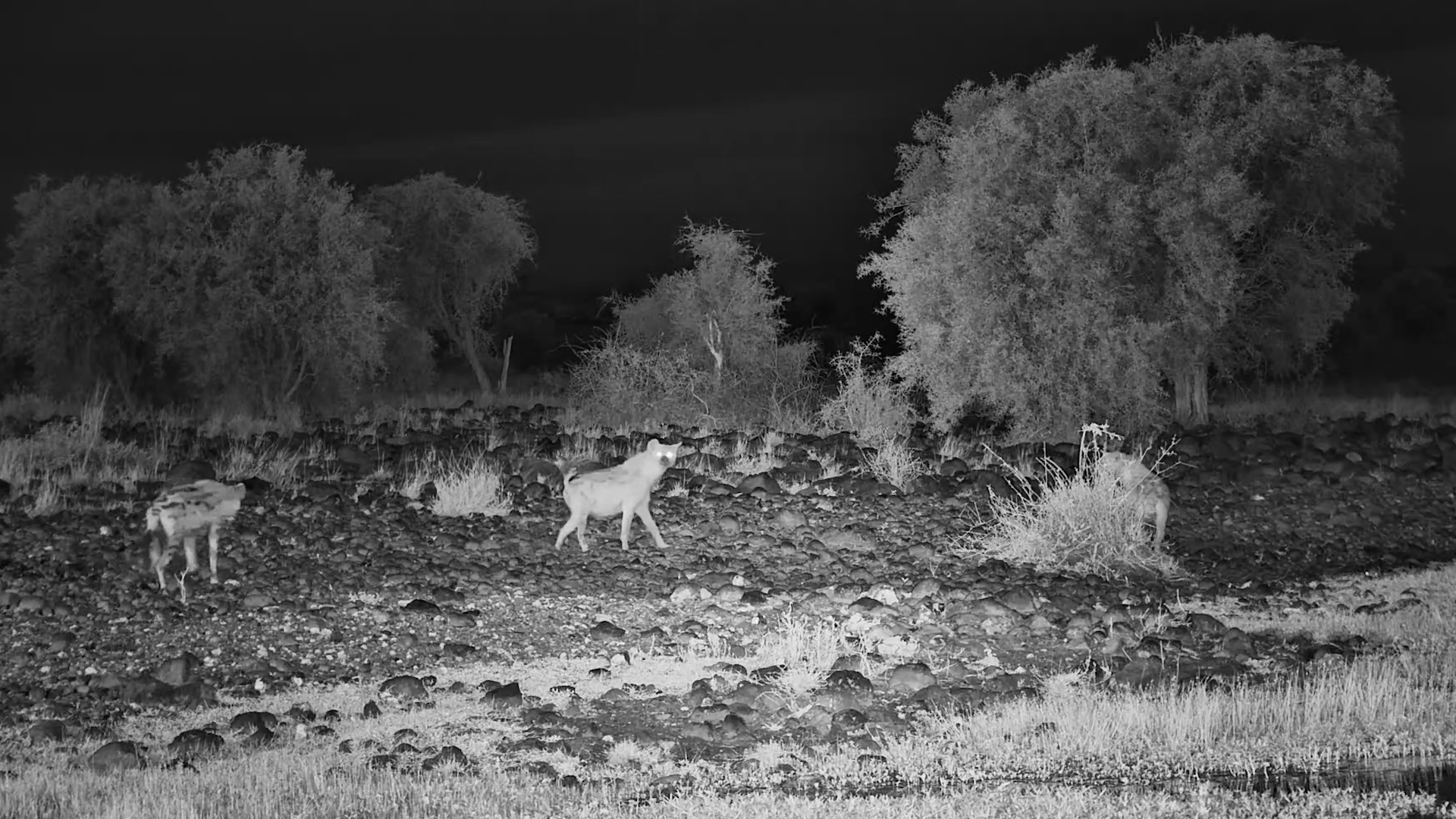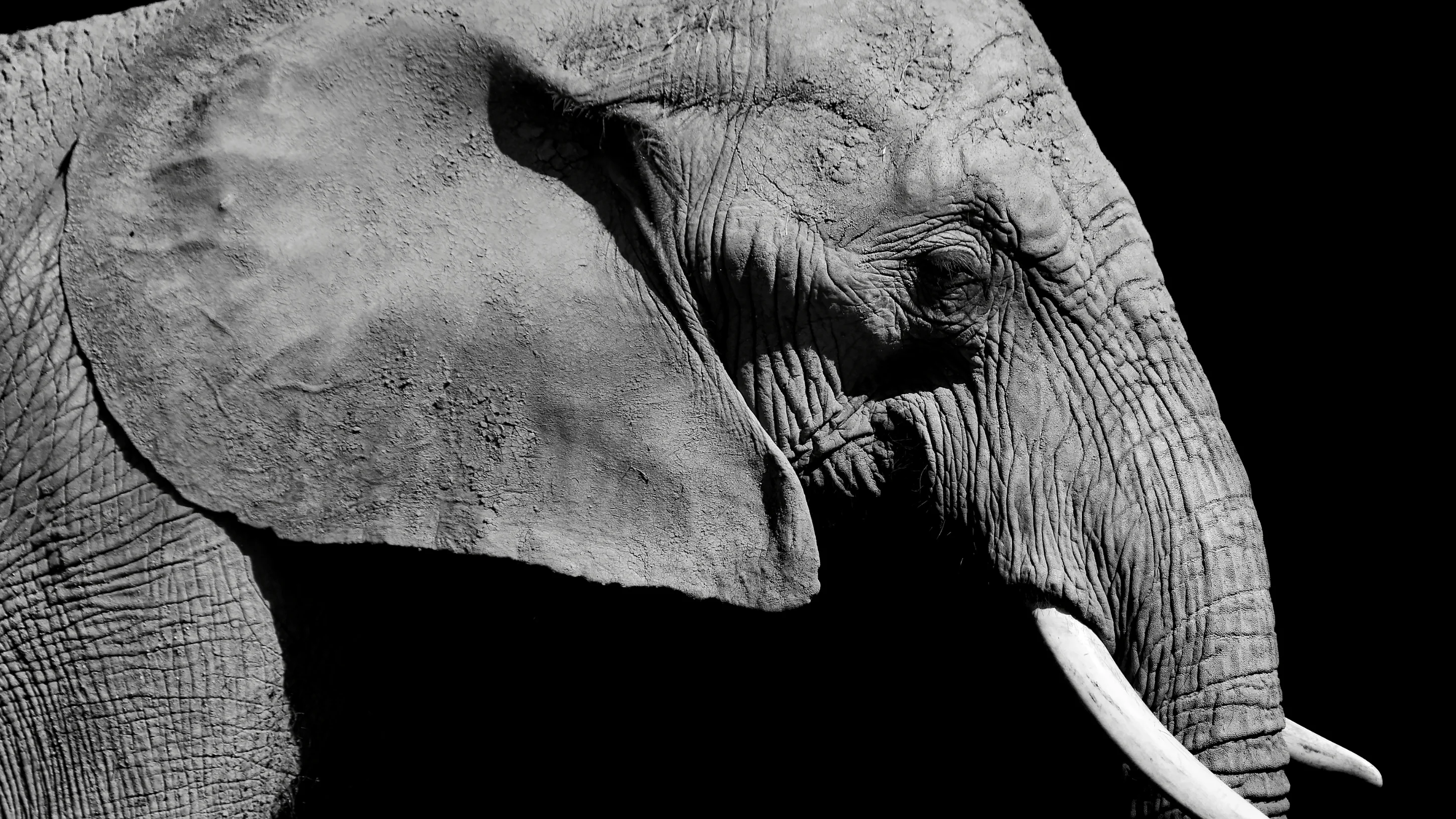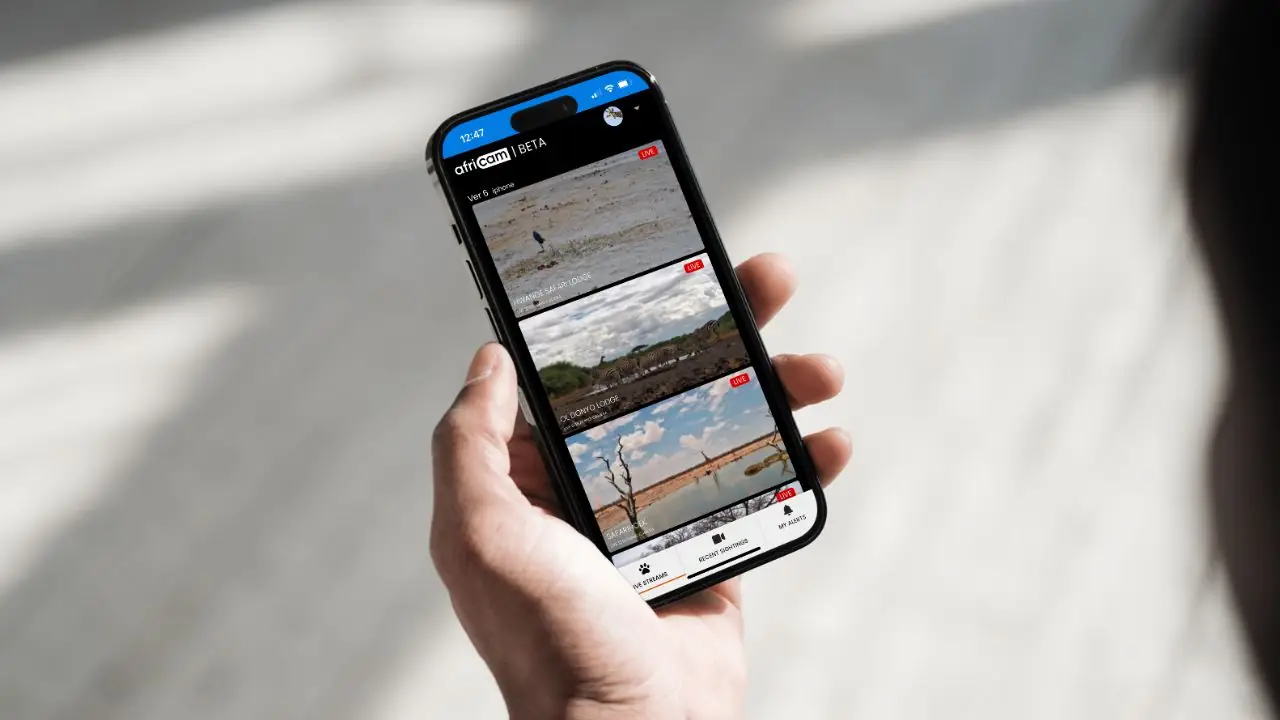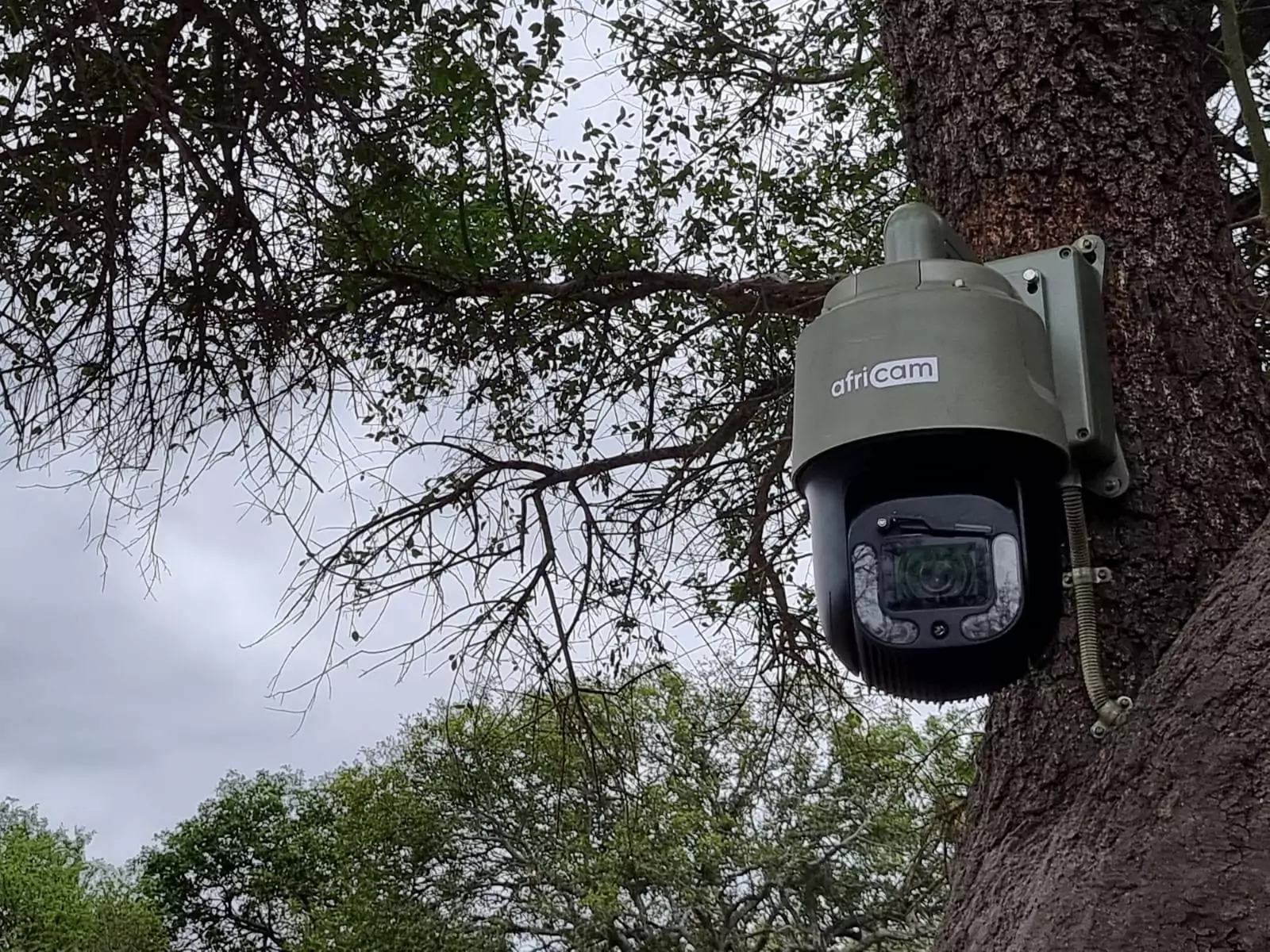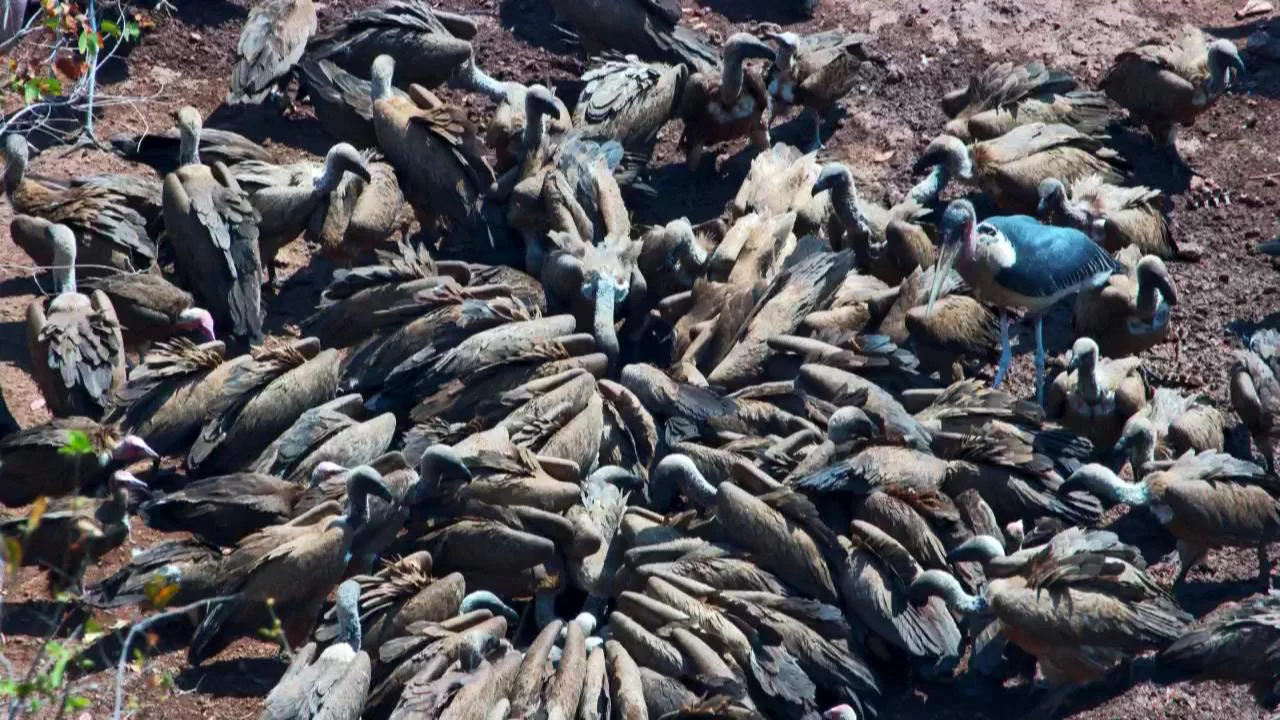Email: info@africam.com
International Vulture Awareness Day
September 5th, 2025
Posted in: Conservation
Celebrating Vultures on International Vulture Awareness Day
Every year on the 6th of September, International Vulture Awareness Day (IVAD) shines a light on one of the world’s most misunderstood, yet critically important, bird groups. Vultures, often perceived with suspicion or even distaste, play an irreplaceable role in ecosystems, keeping them clean and healthy. Unfortunately, these birds are also among the most threatened in the world, with many species now teetering on the edge of extinction.
For example, according to the IUCN Red List, vultures have undergone dramatic declines over the last few decades, with the White-backed vulture and the Cape vulture, Southern Africa’s only endemic vulture, listed as Critically Endangered and Vulnerable, respectively.
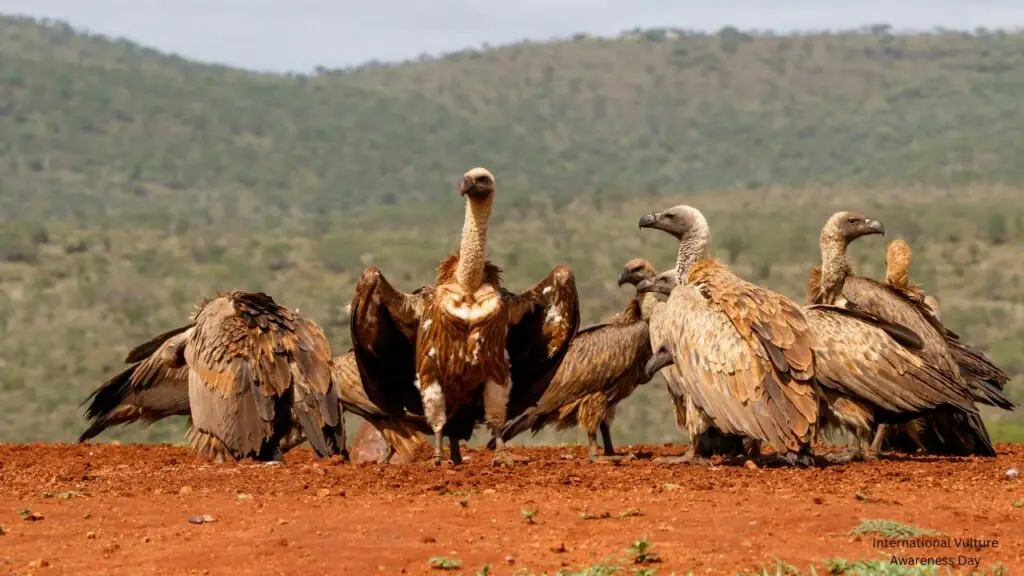
Threats to Vulture Populations
The reasons behind these declines are complex but closely linked to human activity. Poisoning is one of the most severe threats, whether deliberate, as poachers attempt to silence vultures that circle over carcasses and give away their crimes, or accidental, through the use of toxic veterinary drugs such as diclofenac. Vultures also face electrocution and collisions with poorly designed power lines, habitat loss, and a dwindling supply of safe food due to changes in livestock practices and declining wild prey. In some regions, vultures are hunted for use in traditional medicine or belief-based practices, placing additional pressure on already fragile populations.
Nature’s Clean Up Crew
The importance of vultures in ecosystems cannot be overstated. These birds act as nature’s clean-up crew, disposing of carcasses that would otherwise spread dangerous diseases such as anthrax, rabies, and botulism. By removing rotting remains quickly and efficiently, they help maintain balance within ecosystems and even protect human health. In areas where vulture numbers have dwindled, the consequences have been severe. Protecting vultures is therefore not only about conserving biodiversity but also about safeguarding the overall health of Africa’s carefully balanced ecosystem.
Protection and Conservation Strategies
Thankfully, conservationists are working tirelessly to halt and reverse these declines. Efforts include banning harmful veterinary drugs like diclofenac, redesigning power lines to prevent electrocution, and raising awareness among local communities about the importance of vultures. Just as important is the work of dedicated organisations such as Vulpro and the Endangered Wildlife Trust (EWT), which run rehabilitation, monitoring, and education programmes while addressing threats like poisoning and powerline collisions. By supporting groups like these, individuals can play a direct role in ensuring that vulture conservation efforts have the resources they need to succeed.
Supplementary feeding programs, known as “vulture restaurants,” have also been introduced in several regions to provide safe, poison-free food for the birds while educating the public about their plight. One inspiring example is the Vulture Culture Experience at Victoria Falls Safari Lodge in Zimbabwe. Every day at 1 pm, visitors gather to watch hundreds of vultures descend to feed on safe leftovers from the lodge’s kitchen. The daily event not only offers guests an unforgettable wildlife encounter but also highlights the importance of these birds and the dangers they face.
Species such as white-headed, hooded, lappet-faced, and white-backed vultures often appear in great numbers, creating an awe-inspiring scene that doubles as a vital conservation tool. The initiative has also raised funds for vulture rehabilitation and education, ensuring that both local communities and international visitors better understand the critical role these birds play. While the program has faced setbacks, such as population declines caused by poisoning events, it remains a powerful example of how ecotourism can be harnessed for conservation.
You can catch this incredible vulture feeding experience LIVE on our cameras: Watch the Vultures on Africam.
A Call to Action
On this International Vulture Awareness Day, let us remember that protecting vultures is about more than just saving a single group of birds. It is about preserving the health of entire ecosystems, preventing the spread of disease, and safeguarding the balance of nature.
This September 6th, let’s commit to:
- Advocating for stronger bans on toxic livestock drugs and supporting vulture-safe zones.
- Improving infrastructure to safeguard vultures from collisions and electrocutions.
- Backing education and grassroots campaigns, including school visits and community workshops.
- Supporting innovative conservation hubs like the Vulture Culture Experience, which blend awareness, research, and tangible protection.
- Donating to and supporting organisations such as VulPro and the Endangered Wildlife Trust (EWT), whose dedicated efforts in rehabilitation, monitoring, and advocacy are vital to the survival of vultures in Southern Africa.

